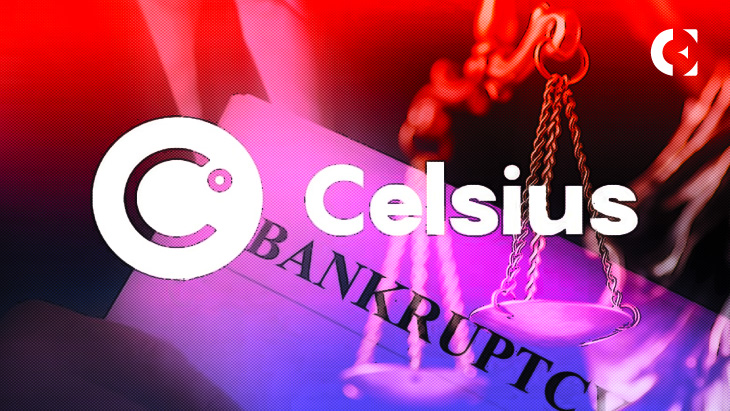- The US Bankruptcy Judge ruled that the assets in the Earn Accounts of Celsius belong to the company.
- The ruling intends to show that the customers will have a lower priority while compensating for the losses.
- The judge added that during the claims resolution process, the creditors would be heard.
The US Bankruptcy Judge presiding over the Celsius bankruptcy case, Judge Martin Glenn, issued a “Memorandum Opinion and Order” regarding the ownership of the assets in the lender’s yield-bearing Earn accounts. The US Bankruptcy Judge concluded that the assets belong to Celsius and not to the holders.
Notably, the crypto platform Celsius owned 600,000 accounts in its Earn at the time of Chapter 11 bankruptcy filing. It held almost $4.2 billion in assets, among which there was a significant amount of stablecoins worth $20 million.
As stated by Judge Glenn, “the issue of ownership of the assets in the Earn Accounts is a contract law issue.” This term of use means that the platform held “all rights and title to such Eligible Digital Assets, including ownership rights”.
Interestingly, the term of use has been described as “unambiguous” by the judge. Judge Glenn pointed out that during the claim resolution process, there would be plans for considering the woes of the unsecured creditors.
To be specific, Judge Glenn stated that:
As has been said repeatedly in this opinion, creditor’s rights with respect to various defense to and breach of contract claims are reserved. Creditors will have every opportunity to have a full hearing on the merits of these arguments during the claims resolution process.
According to the present ruling of the judge, most of the currencies deposited by the customers belong to the company. The ruling intends to convey that the Celsius customers will have a lower priority than the customers who held non-interest-bearing accounts and other secured creditors, at the time of repayment.
Significantly, the ruling provides a clear prevention of quarrels among the customers, avoiding a situation where some of them are repaid 100% of their deposits while others are paid “only a small percentage” of their deposits.
Disclaimer: The information presented in this article is for informational and educational purposes only. The article does not constitute financial advice or advice of any kind. Coin Edition is not responsible for any losses incurred as a result of the utilization of content, products, or services mentioned. Readers are advised to exercise caution before taking any action related to the company.







